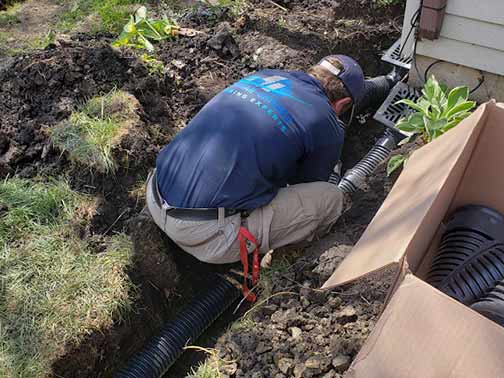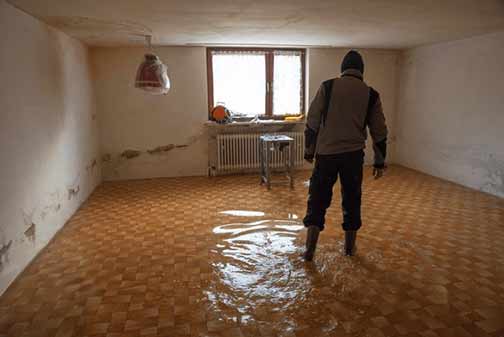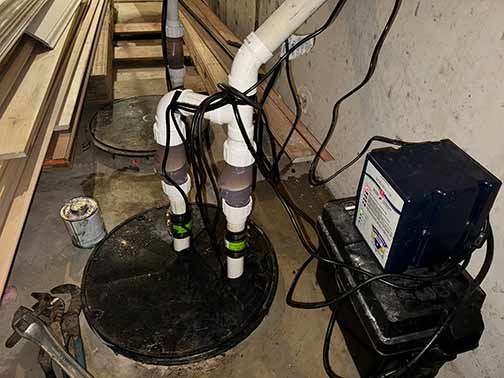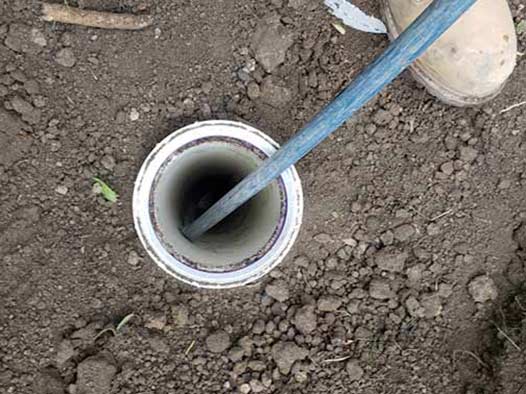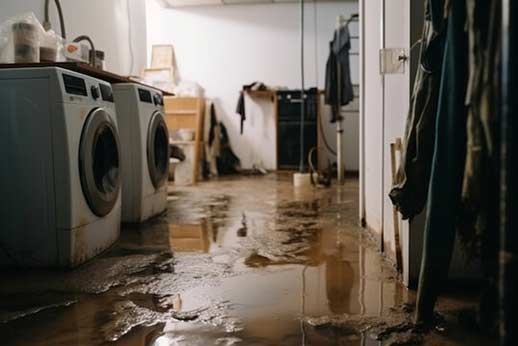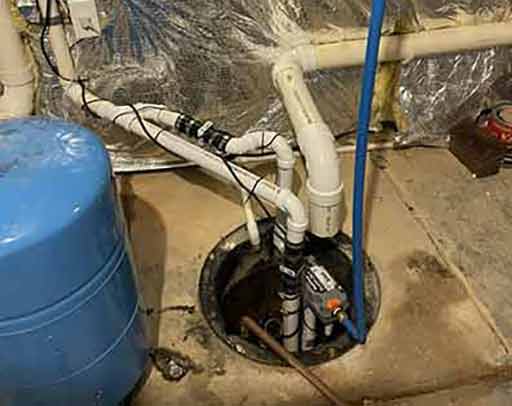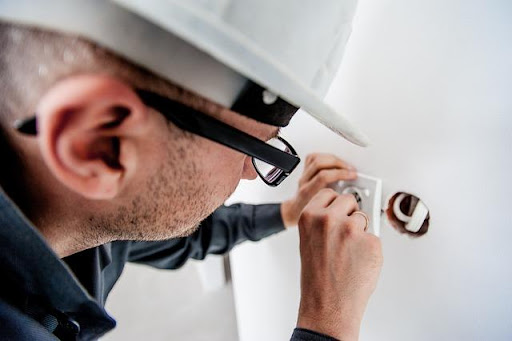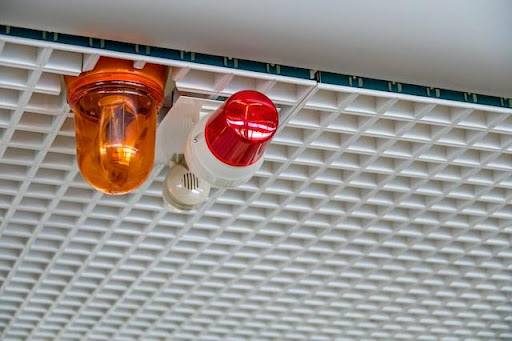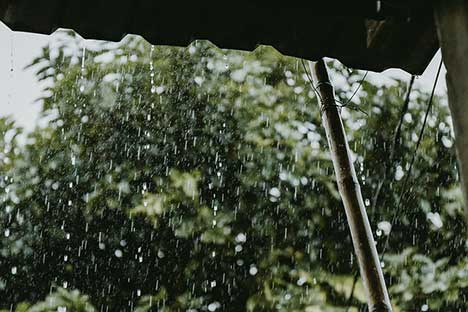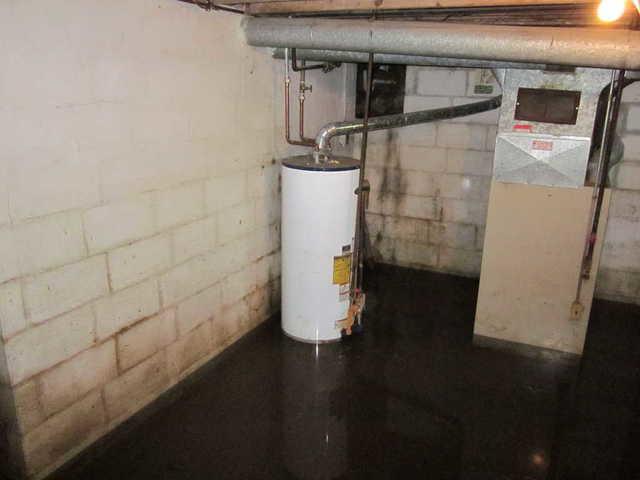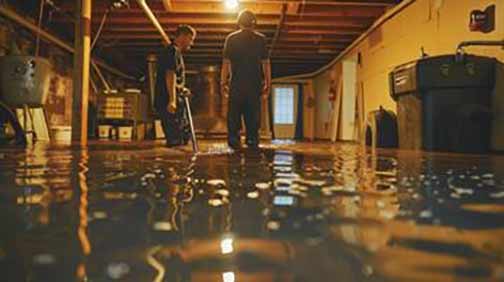
Chicago, a city renowned for its cultural vibrancy and architectural splendor, is also well-known for its unpredictable weather patterns, which pose unique challenges for homeowners. The city experiences a blend of heavy rains, snowmelt, and occasional storms, all of which significantly contribute to the risk of basement flooding. Understanding these challenges is crucial for homeowners who wish to protect their properties from water damage. The city’s location along Lake Michigan adds another layer of complexity, as lake-effect weather can bring sudden and intense precipitation. This unpredictability necessitates a proactive approach to flood prevention.
Common Causes of Basement Flooding in Chicago: An In-Depth Analysis
Basement flooding in Chicago can result from several interconnected factors. One of the primary causes is the city’s aging infrastructure. Many of Chicago’s sewer systems are outdated and unable to handle excessive rainfall, leading to backups and subsequent flooding. The flat topography of the city exacerbates this issue, as water has limited pathways for natural drainage, increasing the likelihood of flooding. Additionally, urbanization has led to increased surface runoff, as concrete and asphalt replace permeable surfaces that would otherwise absorb rainwater.
Heavy rainfall and snowmelt are significant contributors to basement flooding. During the spring and fall, Chicago often experiences intense rainstorms, while winter brings snow that eventually melts, saturating the ground. This excess water can seep into basements through cracks in the foundation or poorly sealed windows. Additionally, the freeze-thaw cycle common in Chicago winters can exacerbate existing structural vulnerabilities, making homes more susceptible to water intrusion.
Proactive Steps to Prevent Basement Flooding: Essential Measures for Homeowners
Preventing basement flooding requires a proactive and multifaceted approach. Homeowners should start by ensuring their gutters and downspouts are clean and functioning correctly, as this helps direct rainwater away from the foundation of the house. Installing a sump pump is another effective measure, as it can remove water that accumulates in the basement before it causes damage. Regular maintenance and testing of the sump pump are crucial to ensure its reliability during heavy rainfall.
Sealing cracks in the foundation and basement walls is vital to preventing water seepage. Homeowners can use waterproofing sealants or hire professionals to apply more durable solutions. Additionally, landscaping plays a crucial role in flood prevention. Grading the yard to slope away from the house can help divert water from the foundation. Implementing rain gardens or permeable paving can also reduce surface runoff and enhance groundwater absorption.
The Role of Insurance in Managing Basement Flooding: Financial Safeguards for Homeowners
Insurance can be a valuable tool in managing the financial impact of basement flooding. Homeowners should review their insurance policies to ensure they have adequate coverage for water damage. Standard homeowner’s insurance typically does not cover flood damage, so purchasing additional flood insurance may be necessary, especially for those living in flood-prone areas. Understanding the terms and limitations of your policy is essential to avoid unexpected expenses in the event of flooding.
Moreover, documenting your home’s condition and any preventive measures taken can be beneficial when filing insurance claims. Regularly updating your policy to reflect changes in your home or flood risk can also provide peace of mind and financial security.
Recognizing the Signs of Imminent Basement Flooding: Early Detection and Prevention
Being able to recognize the signs of imminent basement flooding can save homeowners time and money. Early indicators include water stains on walls or floors, a musty odor, or the presence of mold. Homeowners should also be on the lookout for cracks in the foundation or walls, as these can be entry points for water. Regular inspections, especially after heavy rain or snowmelt, can help identify potential problems before they escalate.
Installing water sensors or alarms in the basement can provide early warnings of water intrusion, allowing homeowners to take swift action to mitigate damage. Keeping an eye on local weather forecasts and flood advisories can also help homeowners prepare for potential flooding events.
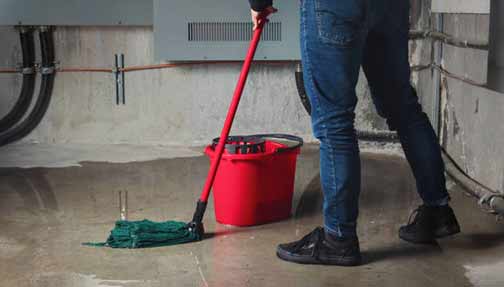
Dealing with Basement Flooding: Immediate Actions for Homeowners
In the unfortunate event of basement flooding, taking immediate action is crucial. Homeowners should first ensure their safety by turning off electricity to the affected area to prevent electrical hazards. Next, they should remove any valuable items from the basement to prevent further damage. Using a wet/dry vacuum or a sump pump can help remove standing water, while dehumidifiers can reduce moisture levels and prevent mold growth. It’s important to document the damage with photographs for insurance purposes.
After addressing immediate concerns, homeowners should focus on thoroughly drying the affected area to prevent mold and mildew growth. This may involve removing water-damaged materials such as carpeting or drywall. Speaking with a professional restoration service can ensure that all necessary steps are taken to restore the basement to its pre-flood condition.
Long-term Solutions for Basement Flooding: Sustainable Strategies for Home Protection
For homeowners who have experienced repeated basement flooding, long-term solutions may be necessary. Installing a comprehensive drainage system like a French drain, can effectively manage water flow and prevent future flooding. Additionally, investing in a backup sump pump or a battery-operated system can provide extra protection during power outages, ensuring that the primary pump continues to operate even in adverse conditions.
Homeowners may also consider installing a backflow valve to prevent sewer backups, which are a common cause of basement flooding. Regular maintenance and inspection of these systems are essential to ensure their effectiveness. Collaborating with a professional contractor to assess and implement these solutions can provide added assurance and expertise.
Community Efforts and City Initiatives to Combat Basement Flooding: Collaborative Solutions
Community efforts and city initiatives play a significant role in combating basement flooding in Chicago. The city has implemented various programs to upgrade its sewer systems and improve stormwater management, recognizing the importance of infrastructure improvements in reducing flood risk. Homeowners can participate in community workshops to learn more about flood prevention techniques and collaborate with neighbors to address local flooding issues.
Engaging with local government and advocacy groups can help homeowners stay informed about upcoming projects and initiatives that may impact their neighborhood. By working together, communities can advocate for sustainable development practices and policies that prioritize flood resilience.
Conclusion: Staying Informed and Prepared for Basement Flooding in Chicago
Basement flooding is a common issue for Chicago homeowners, but with the right knowledge and proactive measures, it can be managed effectively. Staying informed about the causes of flooding, recognizing the signs, and taking preventive actions are key steps in protecting your home. By investing in the right solutions and working together with the community, homeowners can safeguard their properties from the damaging effects of basement flooding. Continuous education and awareness are vital in adapting to changing environmental conditions and ensuring long-term resilience.

